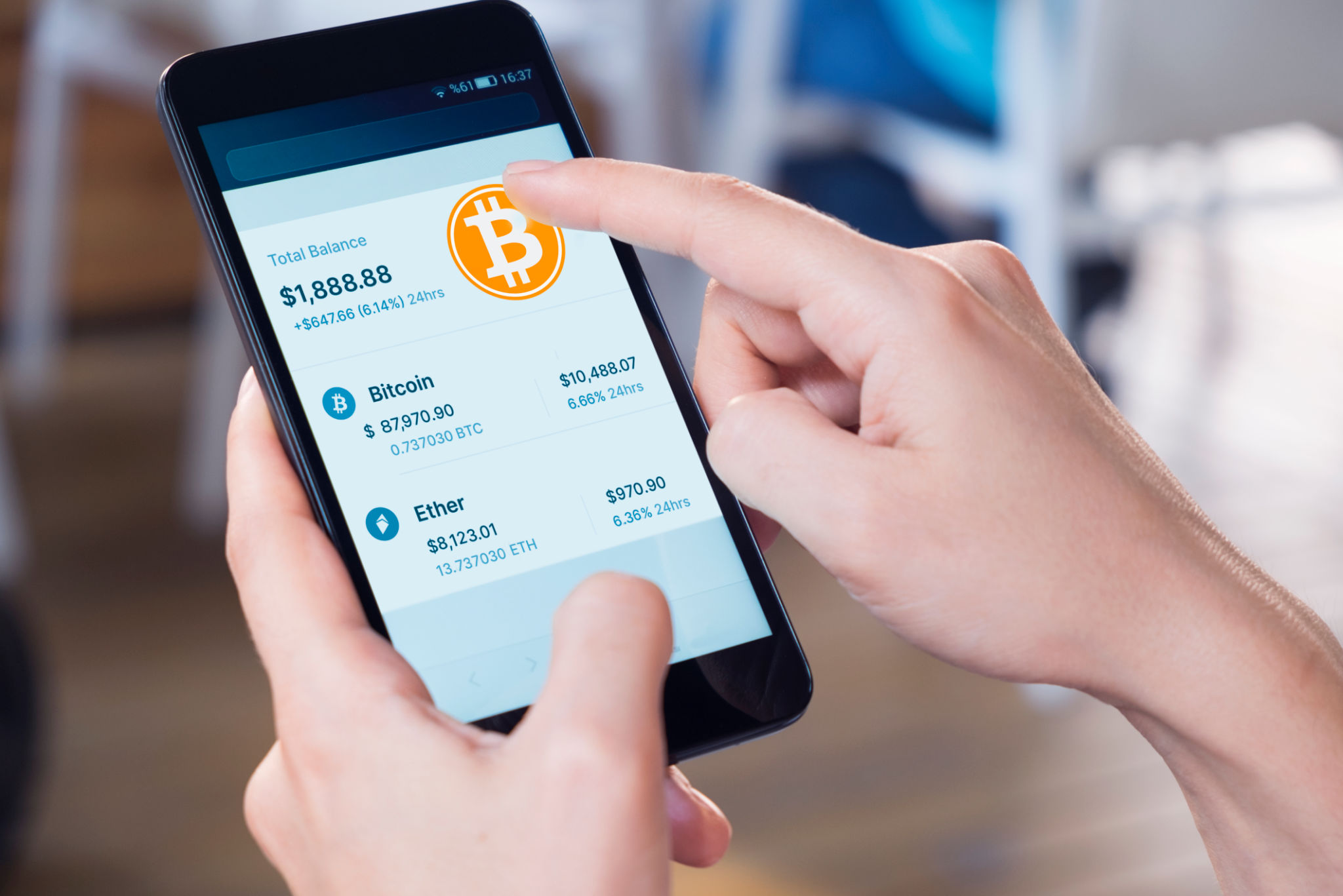Understanding Digital Money: A Beginner's Guide to Bitcoin
What is Bitcoin?
Bitcoin is a form of digital currency, created and held electronically. Unlike traditional currencies, such as the dollar or euro, Bitcoin is decentralized, meaning it's not controlled by any central authority like a government or financial institution. This decentralization is one of the key factors that attract people to Bitcoin, offering a level of independence and security that traditional currencies can't match.

How Does Bitcoin Work?
Bitcoin operates on a technology called blockchain, which is a distributed ledger that records all transactions across a network of computers. When someone sends Bitcoin, this transaction is verified by network nodes through cryptography and recorded in the blockchain. This process ensures that the same Bitcoin can't be used more than once, maintaining the integrity of the currency.
To use Bitcoin, individuals need a digital wallet, which can be software-based or hardware-based. This wallet allows them to send and receive Bitcoin, as well as track their balance and transaction history. Each wallet has a unique address, similar to a bank account number, that other users can use to send funds.
The Benefits of Using Bitcoin
One of the primary benefits of using Bitcoin is its anonymity. While transactions are recorded on the blockchain, the identities of the people involved are not. This makes Bitcoin an attractive option for those who value privacy in their financial transactions.
Additionally, Bitcoin offers lower transaction fees compared to traditional banking systems. Since there are no intermediaries involved, fees are generally lower, making it an economical choice for sending money across borders. Another advantage is the speed of transactions. While international bank transfers can take days, Bitcoin transactions are typically completed within minutes.

The Risks Involved
Despite its benefits, Bitcoin also comes with certain risks. The most significant risk is its volatility. The value of Bitcoin can fluctuate wildly in a short span of time, leading to potential losses for investors. Moreover, being a relatively new technology, it lacks the stability and trust that traditional currencies enjoy.
Bitcoin is also susceptible to security threats. While the blockchain itself is secure, digital wallets can be hacked if not properly secured. It's crucial for users to implement strong security measures to protect their assets.
How to Get Started with Bitcoin
If you're interested in getting started with Bitcoin, the first step is to set up a digital wallet. There are several reputable wallet providers available online. Once your wallet is set up, you can purchase Bitcoin through an exchange platform using traditional currency.

It's important to start small and educate yourself about the market before making significant investments. There are numerous resources available online that can help you understand how to trade and manage Bitcoin effectively.
The Future of Bitcoin
The future of Bitcoin remains uncertain but promising. As more businesses and consumers adopt digital currencies, the demand and acceptance of Bitcoin are likely to increase. However, regulatory challenges and competition from other cryptocurrencies could impact its growth.
Staying informed and cautious is key to navigating this evolving landscape. By understanding both the opportunities and risks associated with Bitcoin, individuals can make informed decisions about their digital currency ventures.
